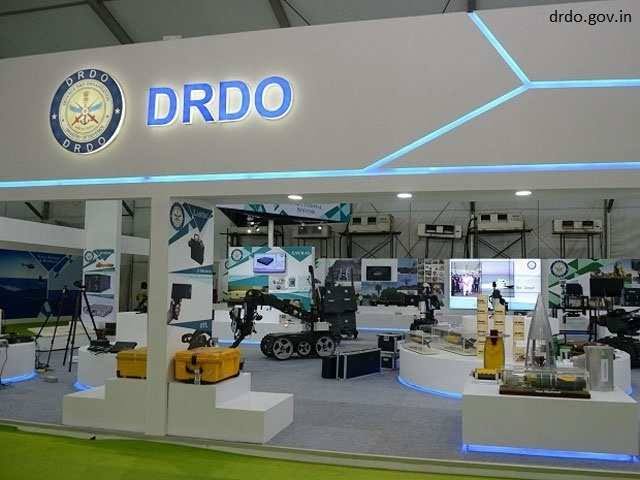
Technological progress continues to define guidelines for operational, tactical and strategic war paradigms. Science and technology have an unquestionable impact on defense systems. Today’s rapidly changing global technology challenges traditional technology assessment and forecasting standards. The pace of innovation requires an evaluation of today’s technology and unforeseeable immediacy to detect its future potential. To be relevant in the field of cutting –edge technology evaluation speed, rapid prototyping, evaluation rate, and focused development are required.
Keeping this in view DRDO has established. Artificial intelligence, quantum technology, cognitive technologies, asymmetric technologies, and smart materials are the special fields of work for these laboratories. They are based in Bengaluru, Mumbai, Chennai, Kolkata, and Hyderabad. Artificial intelligence-related research will be carried out in Bengaluru while IIT Mumbai will deal with all important areas of quantum technology. The future depends on cognitive technology and IIT Chennai will house the laboratory which embarks on this research field. New and futuristic areas of asymmetric technologies, which will change the way wars are fought, will be based out of the campus of Jadavpur University in Kolkata. The research in the hot and critical area of smart materials and their applications will be based out of Hyderabad. Each of these laboratories is concerned with the development of future defense systems.
Directors of these labs were independently selected by a committee chaired by the central government’s Scientific Adviser. Each new director elected is under the age of 35. They have been selected by a committee chaired by Principal Scientific through the tough selection process over six months. There would also be no fund restrictions for these laboratories and the new directors would have the same administrative and financial control as current protection labs ‘ directors. Not only does the program aim to develop new technology, it also seeks to preserve DRDO talent. It is recorded that between 2008 and 2017, over 586 scientists left their DRDO work. Many researchers at the DRDO are reportedly unhappy with their career prospects. Nearly 57% of scientists leaving the organization, due to lack of satisfaction in their work.
These establishments reduce dependency on other countries. Between 2008-2017 India spent over $100 billion on the acquisition of new arms and systems and imports constitute about 60-65 percent of the country’s military needs. Foreign defense imports are not only extremely expensive but are also likely to be caught up by expensive delays due to lengthy purchase processes. The importing country becomes dependent on the exporter for repairs, maintenance, and up-gradation. This establishment not only encourages young scientists and engineers but also helps in achieving self-reliance. Share your thoughts on this
